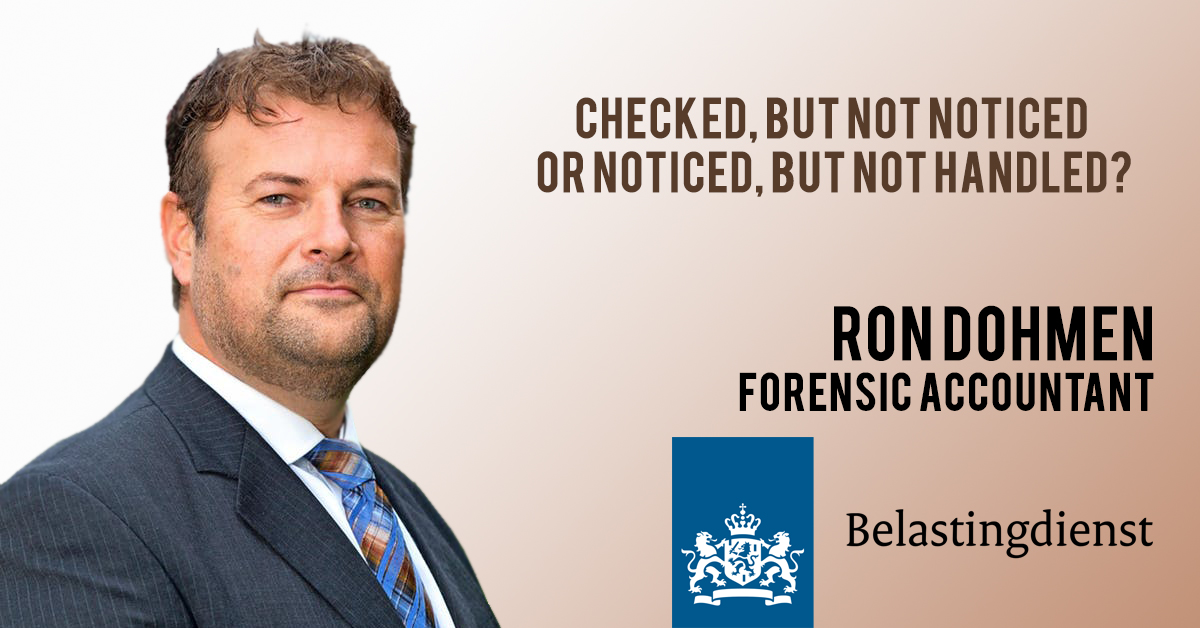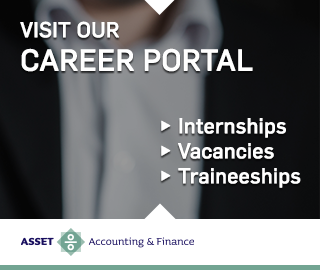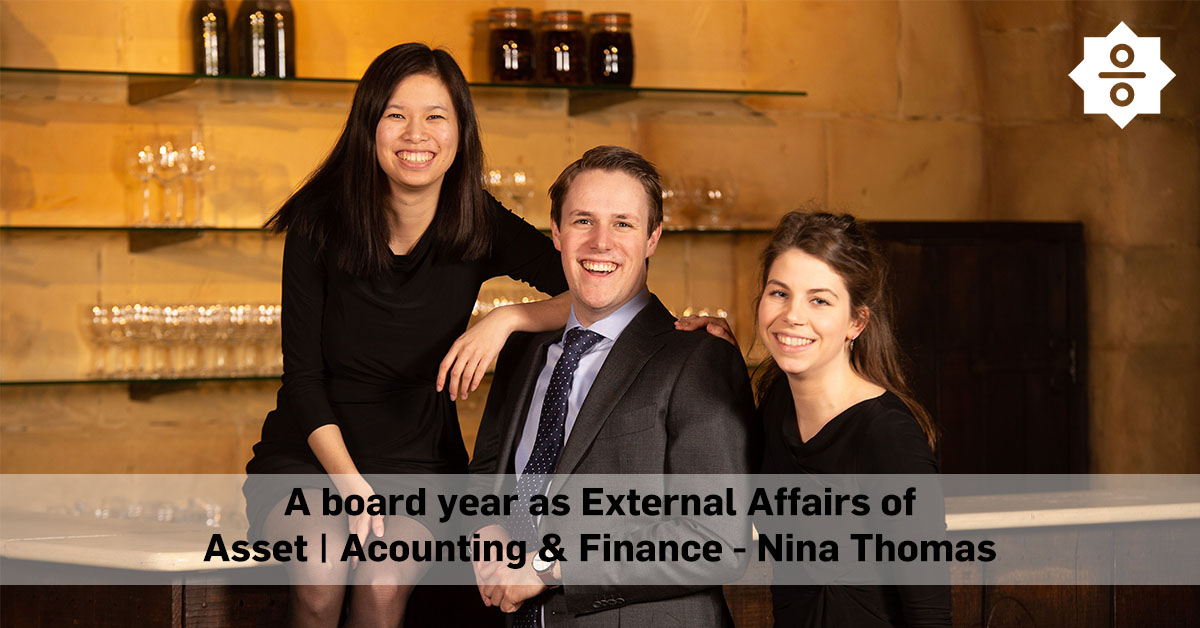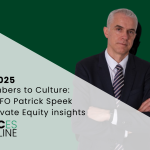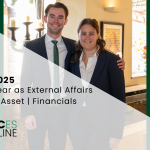Imagine this happens to you: You have just arrived at the office to discuss audit problems, if two investigating officers ask the front desk for one of your client’s file. This client you are responsible for, appears to be suspected of tax fraud. You quickly start to wonder how this is possible. Did I miss anything? And if I did, can I be blamed for it? Multiple accountants go through this confronting scenario every week.
The expression “opportunity makes the thief” is still valid unfortunately. It is for a good reason that opportunity is part of the widely known fraud-triangle. This part is extra important for accountants, as this is the only aspect of the three he can contribute to prevent fraud. A critical accountant could reduce the possibility of committing this crime namely. If fraud is committed already, it is conditionally the accountant’s responsibility to inform authorities as soon as possible to make sure the financial consequences are ended and reversed.
“From my own experience, it turns out that it doesn’t really matter what the accountant should or must have seen but unhoped-for didn’t. It especially matters what he did notice without taking action sufficiently.”
Accountants are not clairvoyant. Neither are they investigating officers or fraud experts. Yet the outside world expects more and more of them in terms of fighting and preventing fraud. These expectations are often not deserved, but sometimes they are. From my own experience, it turns out that it doesn’t really matter what the accountant should or must have seen but unhoped-for didn’t. It especially matters what he did notice without taking action sufficiently. That is the core of a professional-critical attitude, of having a backbone. And that is what society struggles with and why financial and legal service providers like accountant are sometimes addressed in the slipstream of criminal investigations.
Public accountants deal with high workloads and periods in which it is inevitable that the private life is pushed backwards. Deadlines have to be met and everything within the limits of the budget. Students regularly tell me they have to make choices they don’t support because of this. An invoice that is sampled for a check and is not approved, is pushed aside and is replaced for another one. Besides, there is no time for looking at year reports from another perspective, like the tax office does. This authority uses the report for other purposes and uses other directions of auditing for some balance posts, resulting in surprising discoveries sometimes.
As an accountant you would do well if you allow yourself to take tame for questioning: isn’t it weird what is happening here? If doubts arise, it is important to respond to them. Do not agree on straight forward answers without verifying. It is not possible to monitor every event in a company, this is logical and no one will blame you. But if you did note things that (in conjunction) cries out for an explanation, it is a bad case if you did not do anything, ore too little with it. Give space to your amazement and shrink the chance for your client to fraud. It is important that you approach your client in weird situations, before one approaches you.

